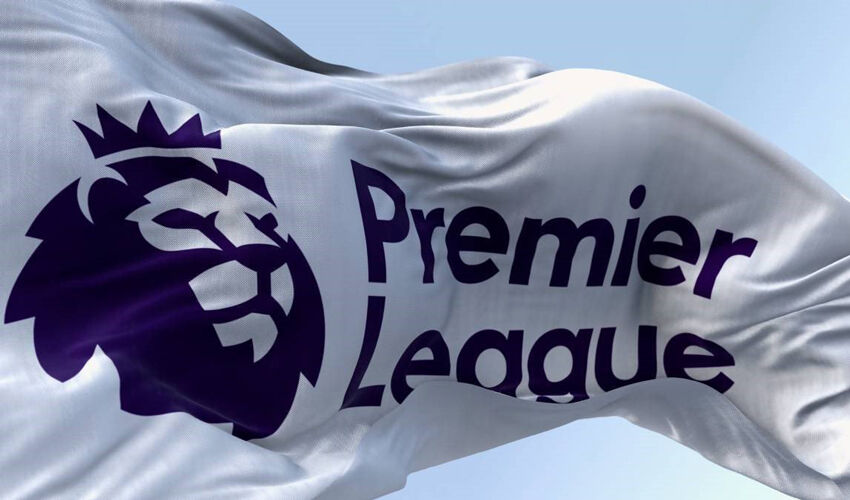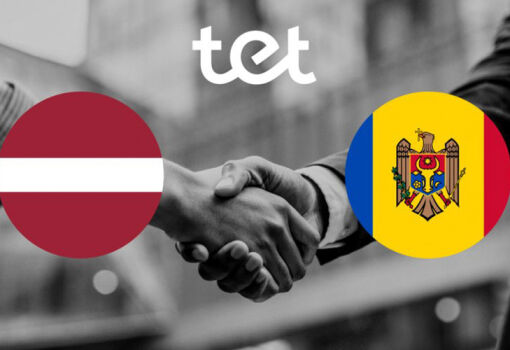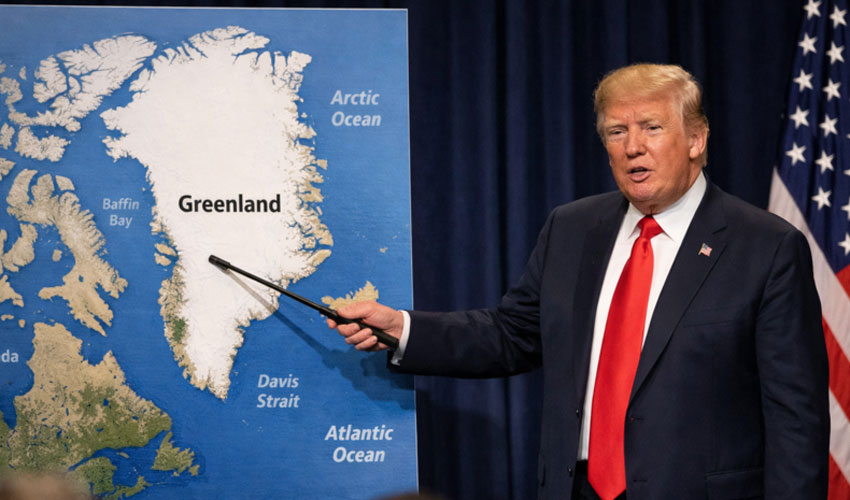
Photo: sportingpedia.com
The Top to Bottom Anchoring (TBA) model, whereby spending on player salaries is tied to the earnings of the last EPL club and thus represents the introduction of a salary ceiling, has not found the support of the majority of clubs. Seven clubs voted in favor of the innovation, the owners of 12 clubs rejected it and Burnley abstained.
The proposal was to introduce a salary ceiling of around £600m a year for each EPL club. English giants Arsenal, Manchester City and Manchester United actively opposed the innovation, which, according to club leaders, would weaken them and prevent them from competing with major European rivals.
Before the vote, the league management was even threatened with a lawsuit. The Association of Professional Footballers of England considered the possible introduction of a salary ceiling as a possible violation of antitrust laws. The organization was supported by the three largest British soccer agencies – CAA “Base”, CAA “Stellar” and “Wasserman”, which stated the inadmissibility of artificial restriction of competition.
The second major voting point, on the contrary, was supported by the majority of EPL clubs. The new financial Fair Play model, called the “Squad Cost Ratio” (SCR), will limit spending on transfers, player salaries and agents to 85% of a club’s revenue. European Cup participants will have to comply with a stricter condition – a cap of up to 70% of club revenues – as a result of the EPL’s desire to bring the rules in line with European norms. Fourteen clubs in the league voted in favor of introducing the SCR, while six voted against it.
For exceeding the 85% SCR mark, monetary fines will be imposed on offending clubs. If the excess reaches 115%, the EPL can remove points from the offending club. The innovation will come into effect from the 2026/27 season.













